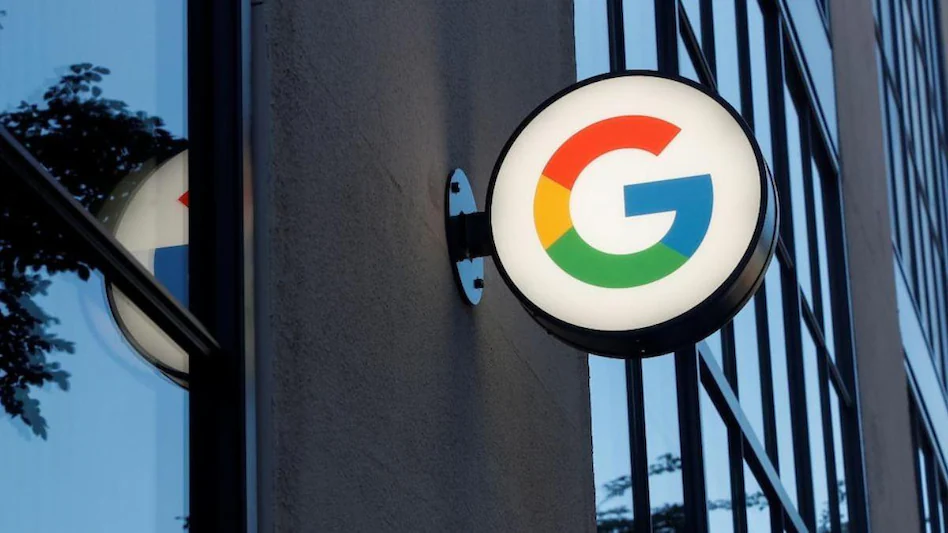Google has officially filed an appeal against the recent district court ruling and jury verdict in the Epic v. Google case. The ruling, handed down by Judge James Donato earlier this week, orders the company to make sweeping changes to the Google Play Store. Among these changes, Google would have to allow third-party app stores on its platform and drop the requirement that apps use Google’s billing system. These moves aim to foster competition but would fundamentally alter the Play Store’s operations.
The tech giant had previously signaled its intent to appeal, emphasizing concerns about consumer privacy and security. Google’s VP of regulatory affairs, Lee-Anne Mulholland, expressed these worries in a blog post, arguing that the ruling could complicate app promotion for developers and ultimately reduce competition on Android devices. While the changes may address Epic’s demands, Google believes they could have unintended negative consequences for both users and developers in the long run.

The court’s decision also comes with a timeline. Google must implement these changes by November 1, 2024, and they will remain in effect until at least November 1, 2027. This sets a clear deadline for Google to modify its policies, which could reshape the app ecosystem on Android devices. The ruling marks a significant shift, one that Google is determined to challenge through the appeals process, which could extend the legal battle for years to come.
In the meantime, the ruling is already influencing the industry. Epic Games, the plaintiff in the lawsuit, has announced its plans to launch the Epic Games Store on Google Play in 2025 in the U.S. Additionally, Microsoft has revealed that it will allow users to purchase and play games directly from its Xbox Android app starting next month. These moves signal the beginning of greater competition and potentially more options for users and developers on the platform in the near future.







Leave a Reply